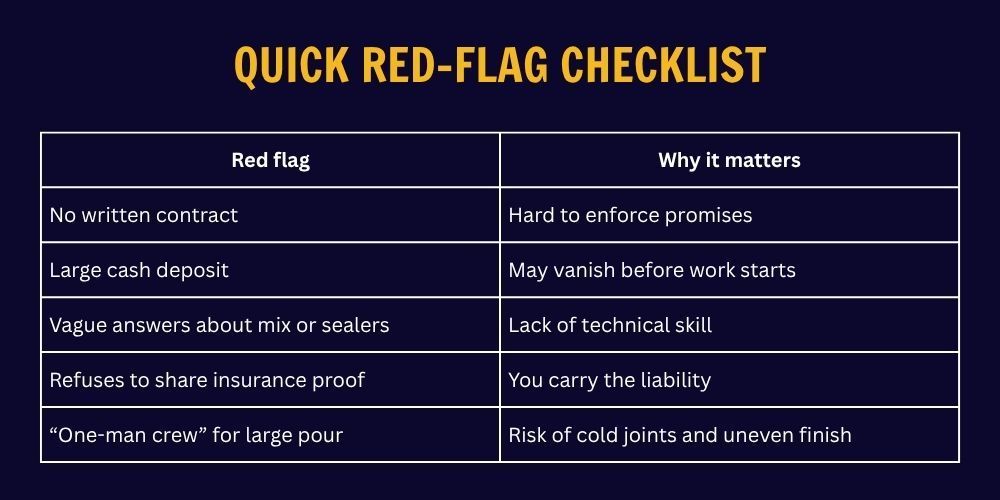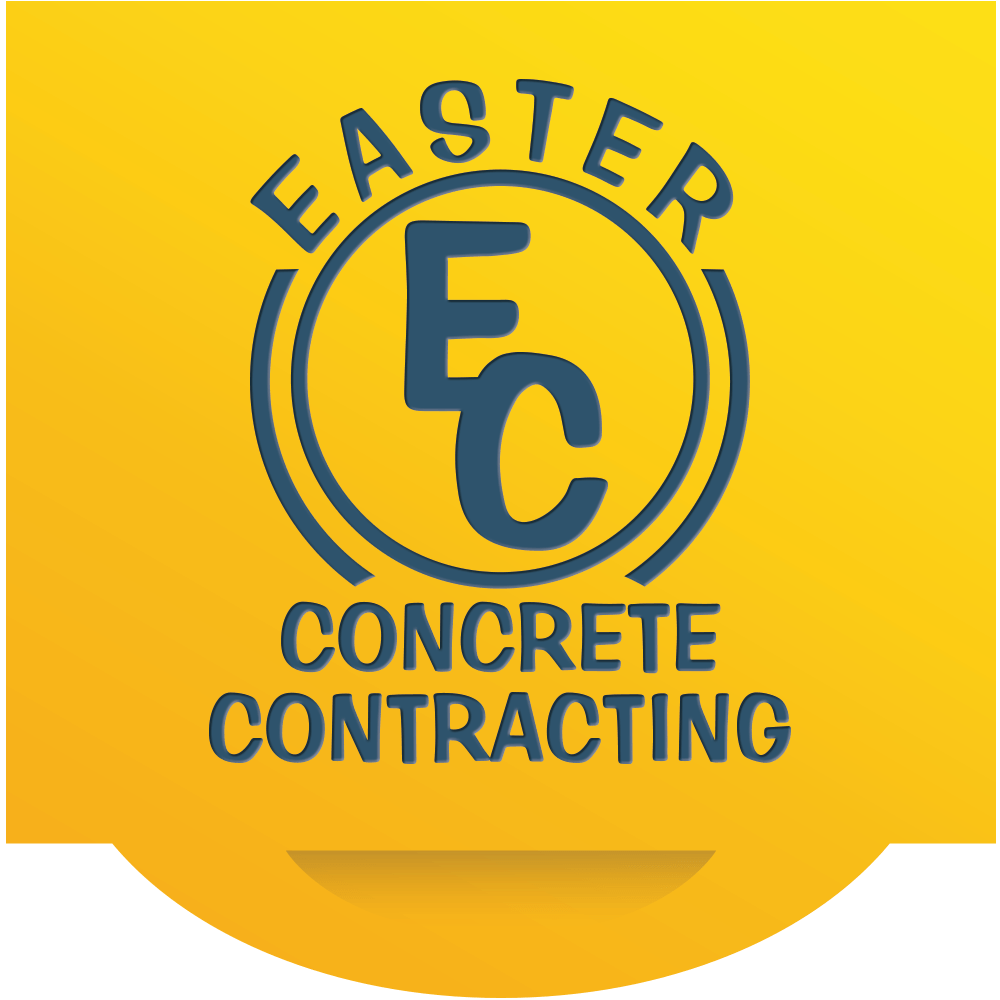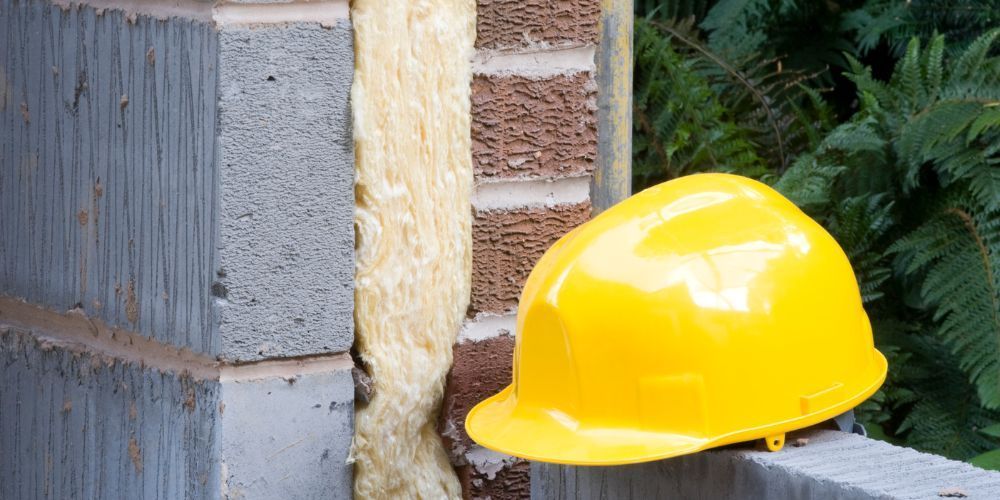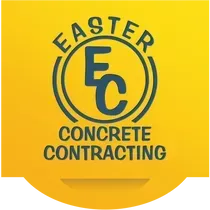Trusted Residential Concrete Contractors in San Antonio, TX

Imagine paying for a new driveway only to see spider cracks six months later. Or picture a shop owner who planned to reopen on Monday but is still waiting for a commercial concrete contractor to finish the parking lot overnight. Poor workmanship, skipped rebar, or a hasty cure can leave you with unsafe concrete—and expensive do-overs. A little homework up front protects your money, property, and peace of mind.
Below is a clear, step-by-step guide that any homeowner or facility manager can follow. Each step is written in plain language, with real examples and red-flag tips pulled from industry sources. Follow them, and you’ll hire a Concrete Contractor you can trust.
1. DEFINE YOUR PROJECT: RESIDENTIAL OR COMMERCIAL
Start by labeling the job. A residential concrete contractor focuses on patios, driveways, and basement floors, while a commercial concrete contractor tackles parking lots, loading docks, and warehouse slabs. Matching the contractor’s core work to your job size lowers risk and improves finish quality.
Mary, a homeowner in Ohio, hired a commercial crew to pour her small patio. The team arrived with forms meant for truck ramps and left joints spaced too wide for a backyard slab. She paid to grind and seal the cracks later. Knowing the difference would have saved her $1,800.
2. VERIFY LICENSING AND CREDENTIALS
A legitimate contractor holds a state or local license, follows building codes, and can explain current American Concrete Institute (ACI) standards in simple terms. Most states let you confirm license status online in under two minutes. If the license shows a complaint history or is expired, move on.
Experts recommend asking whether every crew lead has completed OSHA safety training and concrete finishing coursework. These basic checks prevent unqualified “weekend” cement contractors from practicing on your project.
3. DEMAND PROOF OF INSURANCE AND BONDING
Insurance protects you from accidents, and a bond ensures the work is finished even if the crew walks off the job. Ask for certificates and call the agent listed. Many frustrated owners discover too late that the policy lapsed last month. Professionals advise never paying more than 25 % down; large up-front requests are a common warning sign.
4. VIEW RECENT WORK
Quality concrete shows itself in the surface, the edges, and the joints. Good cement contractors gladly provide addresses of completed jobs and the phone numbers of those clients. Walk the site: Are control joints straight? Are corners still intact? If you spot flaking or major discoloration, keep looking. Online pictures can hide surface defects or blocks poured by someone else.
5. ASK ABOUT MIX DESIGN, PREP, AND CURING IN PLAIN LANGUAGE
You don’t need engineering jargon, but you do need to hear clear answers:
● Mix strength. Ask which compressive strength they will order for your climate and load.
● Base prep. Confirm compacted gravel depth and reinforcement (rebar or mesh).
● Curing plan. Good crews cover slabs or apply curing compounds to prevent early shrinkage.
The correct answers show the contractor understands durability, not just appearance. If the reply is “We always do it the same way,” that’s a red flag.
6. REQUEST AN ITEMIZED, WRITTEN ESTIMATE
A professional bid lists material costs, labor, equipment, sealer, optional finishes, and cleanup. Raj, who manages a small grocery, chose the lowest bid for his lot without studying the breakdown. The invoice later ballooned by 28 % for saw-cut joints and striping—items missing from the first sheet. An itemized quote lets you compare apples to apples and challenge vague “miscellaneous” fees.
7. CLARIFY TIMELINE AND CREW SIZE
Concrete relies on coordinated steps: form, pour, finish, cure, and seal. One missing finisher can push the job into darkness, where trowel marks and footprints appear. Ask:
● How many workers will be on-site?
● What is the start and finish date?
● How do you handle weather delays?
Include penalties or bonuses in the contract to keep the project moving.
8. CHECK COMMUNICATION STYLE BEFORE SIGNING
The best Concrete Contractor returns calls within a day, answers basic questions without jargon, and provides a single point of contact. During your first meetings, note whether the estimator listens or interrupts. Clear communication signals how issues will be handled when the slab is curing and decisions must be quick.
9. READ REVIEWS—AND THE RESPONSES
Online ratings offer clues, but the gold is in how the contractor replies to complaints. Look for respectful solutions, not excuses. A pattern of “the customer was picky” responses often points to deeper quality problems.
10. BALANCE COST, QUALITY, AND TRUST
Price matters, yet the cheapest bid often skips reinforcement or cuts curing time. Put the bids side by side. Cross out any line items that differ, then compare the adjusted totals. Finally, ask yourself: Which team earned my confidence during interviews? That answer usually points to the right choice.

REAL-WORLD SUCCESS STORIES
● Mary’s patio do-over
After her first patio cracked, Mary interviewed three residential concrete contractors, checked licenses online, and visited recent projects. The winning crew poured a 4-inch slab with proper control joints and a broom finish. Two years later, the surface still looks fresh.
● Raj’s grocery parking lot
Raj selected a commercial concrete contractor who provided an itemized bid and a rain-day plan. The company poured the 6-inch slab overnight and opened traffic lanes in 48 hours. Sales rose 12% in the first week thanks to smoother customer access.
Also read: EVERYTHING ABOUT CONCRETE FOUNDATIONS
READY TO PROTECT YOUR INVESTMENT?
Choosing the right contractor is more straightforward than it seems: define the job, verify credentials, see past work, and insist on clear paperwork. Use the steps above and you’ll cut the odds of cracks, delays, and surprise costs to near zero.
Download our free checklist or call today for a free quote. An informed decision starts now.








